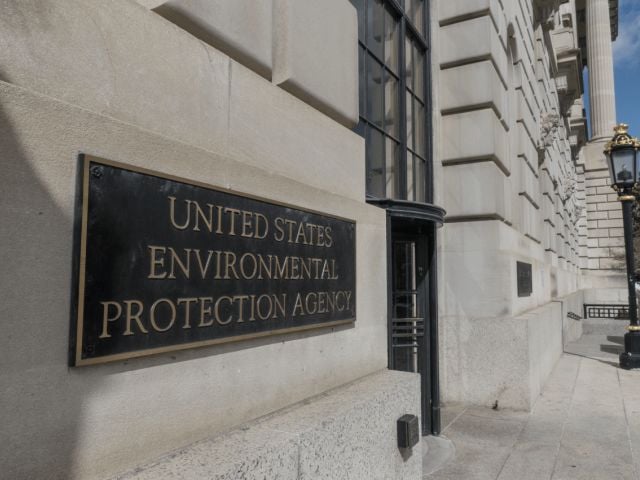
The federal Renewable Fuel Standard is supposed to promote fuels that emit less global warming pollution than gasoline. But it’s done just the opposite, stimulating a boom in ethanol made from corn, which over its life cycle causes emissions of more climate-wrecking carbon than gasoline. Yet the Renewable Fuel Standard continues to encourage production of ethanol – and now the EPA’s internal watchdog wants to know why.
The EPA’s Office of Inspector General announced yesterday it will open an investigation into the life cycle impacts of the Renewable Fuel Standard (in federal agency acronym-speak, the RFS).
In 2011, the National Academy of Sciences confirmed that over its entire life cycle, corn ethanol is dirtier than gasoline, and concluded that the RFS may not actually reduce carbon emissions.
The inspector general will look into whether the EPA’s estimates of the carbon emissions of fuels were updated in response to the 2011 study. The memo notifying EPA of the investigation said the probe will “ensure public health and the environment are protected by verifying the EPA . . . is considering statutorily mandated studies when promoting the RFS.”
In 2010 the EPA’s own Regulatory Impact Analysis found that not only is the corn ethanol currently produced worse for the climate than gasoline, it would remain worse until 2036. This is because Big Corn has had its way with the Midwestern landscape and has driven the conversion of millions of acres of grasslands and wetlands. This conversion releases tons of carbon stored in the soil into the atmosphere and is disastrous for the climate.
After almost a decade of the fuel standard being in place, so far it has only led to a tripling of corn ethanol production.
An EWG analysis earlier this year found that the 14 billion gallons of corn ethanol produced in 2014 released 27 million tons more carbon in to the air than just using straight gasoline. This means corn ethanol has been worse for the climate than the proposed Keystone XL tar sands pipeline would be.
It’s time to end the mandate of a fuel that is bad for the climate, and to start focusing on the greener biofuels, made from feedstocks such as switchgrass and post-harvest corn waste, that could actually reduce emissions.


